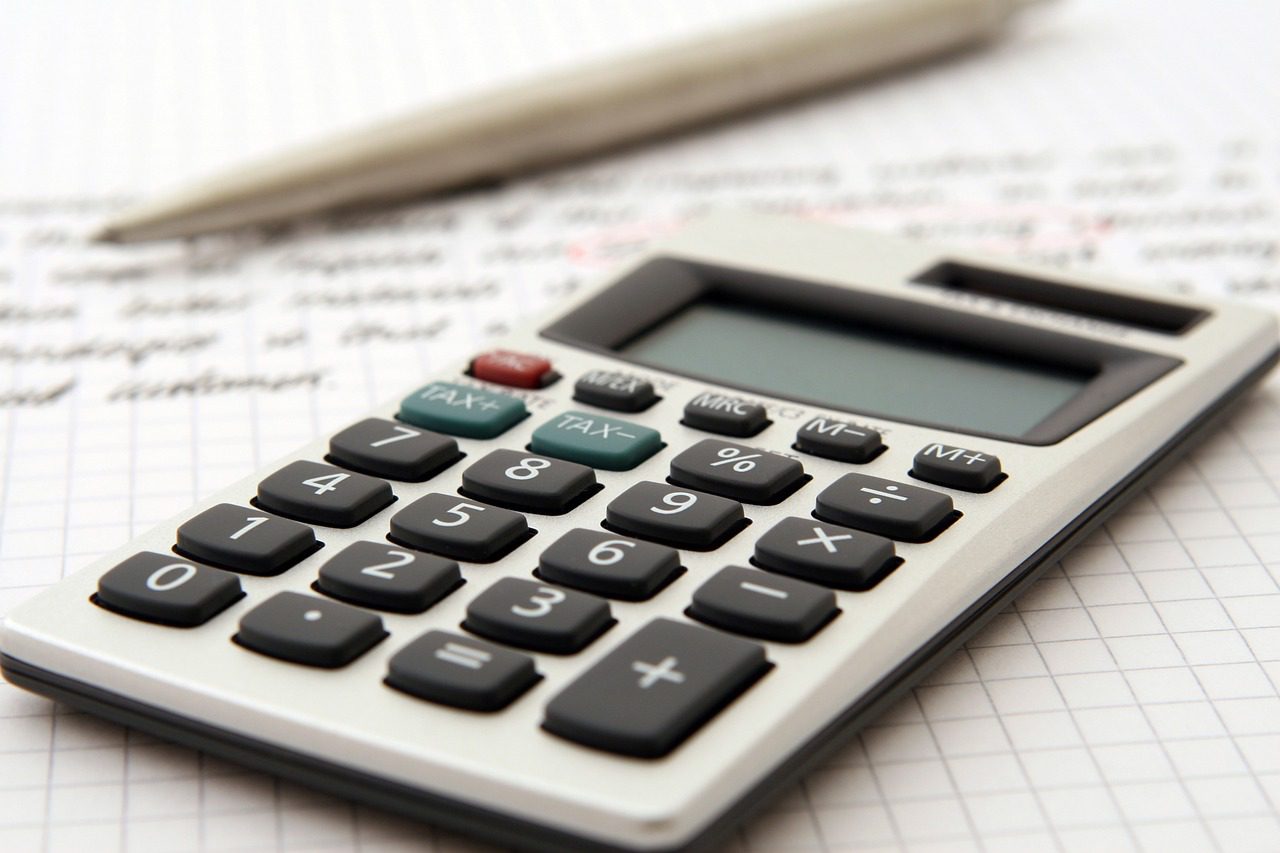The UK’s inheritance tax bill has soared to a new record high with more than £5bn paid over the past year. Are high property prices to blame?
More inheritance tax than ever is being forked out by households in the UK upon the death of a loved one, with the latest figures from the Treasury showing that the bill over the past 12 months came in at a record £5.2bn – an 8% rise on the previous year’s figures, amounting to an extra £388m.
While the tax currently only applies in cases where the total value of the estate – which includes all property and assets – is worth more than £325,000, or when the full value is not left to a spouse, civil partner, charity or community sports club, the number of estates liable for inheritance tax has been on the rise since 2009.
[crb_image link=”https://www.buyassociationgroup.com/en-gb/advice/property-investment-starter-course/” image=”https://cdn2.hubspot.net/hubfs/1717782/Asset_Store/WebCTA/cta.jpg” align=”left”]
Part of the reason behind this is the higher homeownership levels among the older generation, with over-50s owning more than £2.3trn of the country’s £4trn total housing wealth. Furthermore, according to the latest figures from HM Land Registry, the average property in the UK now sells for £243,583, which doesn’t leave much left of the total inheritance tax threshold when taking other assets into account.
Steve Webb, former pensions minister and director of policy at investment firm Royal London, said: “By far the biggest element in most people’s estates is the property that they own.
“For many years inheritance tax limits have not kept up with house prices and that has dragged more and more people into the tax net. Even the introduction of an additional nil rate band for families passing on a home to their children was not able to stem the growth in inheritance tax revenues.”
The Office of Tax Simplification is currently conducting a review into inheritance tax, looking at ways the system could be simplified to help taxpayers, as well as advisers, deal with the complexities involved.
Inheritance tax and property – how it works
Inheritance tax must be paid on all property, money and possessions of someone who has died, with the exception of those whose estates are valued at less than £325,000, or those who leave everything to a spouse, civil partner, charity or community amateur sports club. If a property is passed on to any children or grandchildren, the threshold increases to £450,000.
The current rate of inheritance tax is 40%, which is charged on any amount above the minimum threshold – this reduces to 36% if 10% or more is left to a charity in the deceased person’s will.
When it comes to property, those passing on a home to a husband, wife or civil partner will not be subject to inheritance tax, but if the property is passed on in a will to someone else, it counts towards the value of the estate and will be included in the tax calculation.
Property can be gifted to someone else before death. If you gift your home to someone and survive for the following seven years, no inheritance tax is paid. If you want to continue living in the home, you must pay rent to the new owner at a local rental rate, as well as contribute towards the bills, and live there for at least seven years, unless you only give away part of your property or the beneficiaries of the property also live there.
However, if you die within seven years, some inheritance tax will apply – 40% for less than three years, 32% for three to four years, 24% for four to five years, 16% for five to six years and 8% for six to seven years.










